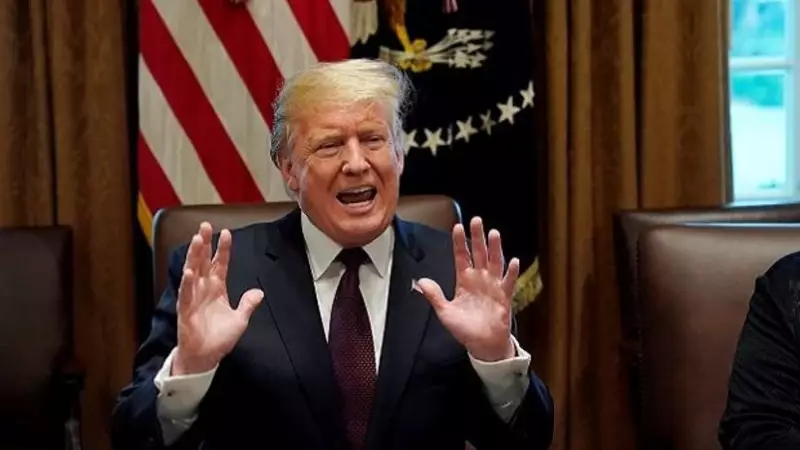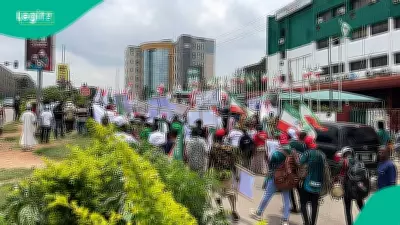
Prominent elders and community leaders from Ekiti State have issued a strong rebuttal to former United States President Donald Trump's recent claims about alleged genocide against Christians in Nigeria, describing the assertions as exaggerated and not reflective of the current situation in their region.
Trump's Controversial Statements
During a recent political rally, the former American president claimed that Christians in Nigeria were facing systematic genocide, drawing international attention to the country's religious dynamics. These comments sparked concerns among global observers and religious organizations about the safety of Christian communities in Africa's most populous nation.
Ekiti Leaders' Response
The Ekiti Council of Elders, representing one of Nigeria's southwestern states, has moved swiftly to allay fears generated by Trump's statements. In an official communiqué, the elders emphasized that while security challenges exist across Nigeria, the characterization of these issues as "genocide against Christians" represents a significant misrepresentation of the complex situation.
Regional Security Assessment
The elders highlighted that Ekiti State and much of southwestern Nigeria maintain relatively stable inter-religious relations compared to other regions. They acknowledged the presence of security concerns affecting all Nigerians regardless of religious affiliation, but stressed that framing these challenges as religious persecution creates unnecessary tension and misrepresents the reality on the ground.
Call for Balanced Reporting
Community leaders urged international observers and media organizations to exercise caution when reporting on Nigeria's security situation, emphasizing the importance of contextually accurate information that doesn't exacerbate existing tensions. They called for more nuanced understanding of the country's complex security landscape beyond religious binaries.
Appeal for Unity
The Ekiti elders concluded their statement by appealing for continued religious harmony and unity among all Nigerians, regardless of faith. They encouraged dialogue and cooperation between religious leaders and communities to maintain the peaceful coexistence that has historically characterized much of Nigerian society.





